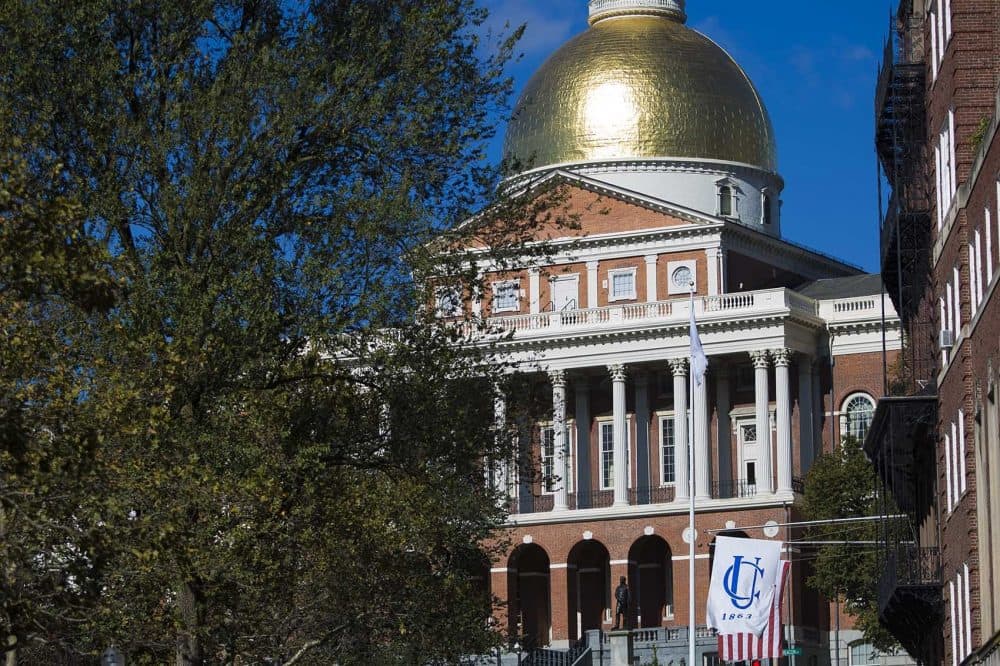Advertisement
Senate Budget Plan Would Boost State Spending To $41.4B

The Senate Ways and Means Committee on Thursday unanimously approved a $41.42 billion fiscal year 2019 budget proposal, touting the spending plan's "robust and critical investments" in education, an "innovative approach to drug pricing" and a focus on obstacles to growth.
Senate Ways and Means Chairwoman Karen Spilka, who is expected to ascend to the Senate presidency in July, said the budget plan recognizes "that when all people in the Commonwealth are given the opportunities to participate in Massachusetts' economy — as well as the tools to succeed — we all benefit."
The fiscal 2019 budget plan represents a 3 percent increase in state spending over the current year's budget and is based on the consensus revenue agreement that state tax revenue will grow by 3.5 percent in fiscal 2019.
The Senate's budget includes about $61 million more spending than Gov. Charlie Baker's budget plan and $97 million less in spending than the budget amended and adopted by the House.
The Senate budget anticipates an $88.5 million deposit into the state's "rainy day" fund. Fiscal watchdogs have cautioned Beacon Hill that its inadequate reserves could easily be drained in a recession.
For education, the Senate proposed funding Chapter 70 aid to local school systems at $4.91 billion — "its highest level ever, even after accounting for inflation" to allow for a minimum aid increase of at least $30 per pupil, the Ways and Means Committee said.
The Senate also proposes $270.1 million for income-eligible childcare, $5 million for the Commonwealth Preschool Partnership Initiative to expand access for 3- and 4-year-olds.
There is $318.9 million in the Senate budget for the Special Education Circuit Breaker, which reimburses districts at the statutorily required 75 percent rate and $62.5 million for regional school transportation reimbursements.
The Senate's budget plan calls for $1.1 billion in unrestricted local aid, matching proposals from the governor and the House.
MassHealth, the state's behemoth Medicaid program, is funded to the tune of $16.12 billion in the state budget — accounting for nearly 40 percent of the spending plan.
To tackle the rising costs of pharmaceutical drugs, the Senate budget plan includes an annual prescription drug spending target and authorizes the secretary of health and human services to seek rebates from drug companies.
The release of the Senate budget, which will be debated beginning May 22, comes at a point when it appears the state is more flush with cash than in the past two fiscal years. Since the passage of federal tax reform in November, tax collections have spiked, leaving the state with $809 million more this fiscal year than it had anticipated.
Spilka said the budget represents "a cautiously optimistic approach" to spending given the state's fiscal picture.
Correction: An earlier version of this SHNS story included incorrect comparisons to the budget plans of the governor and the House. We regret the error.
This article was originally published on May 10, 2018.